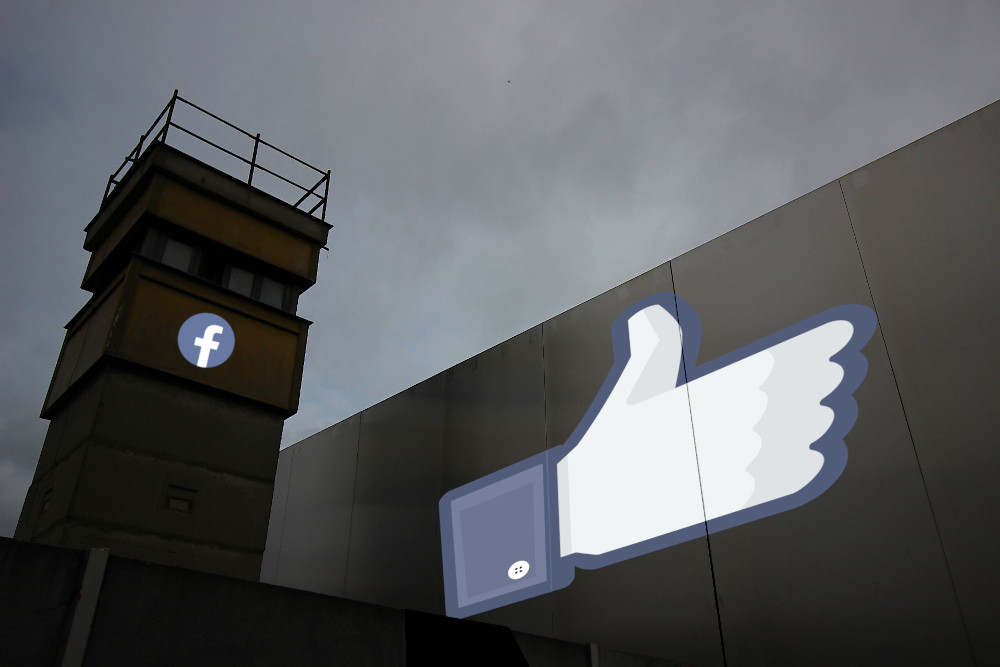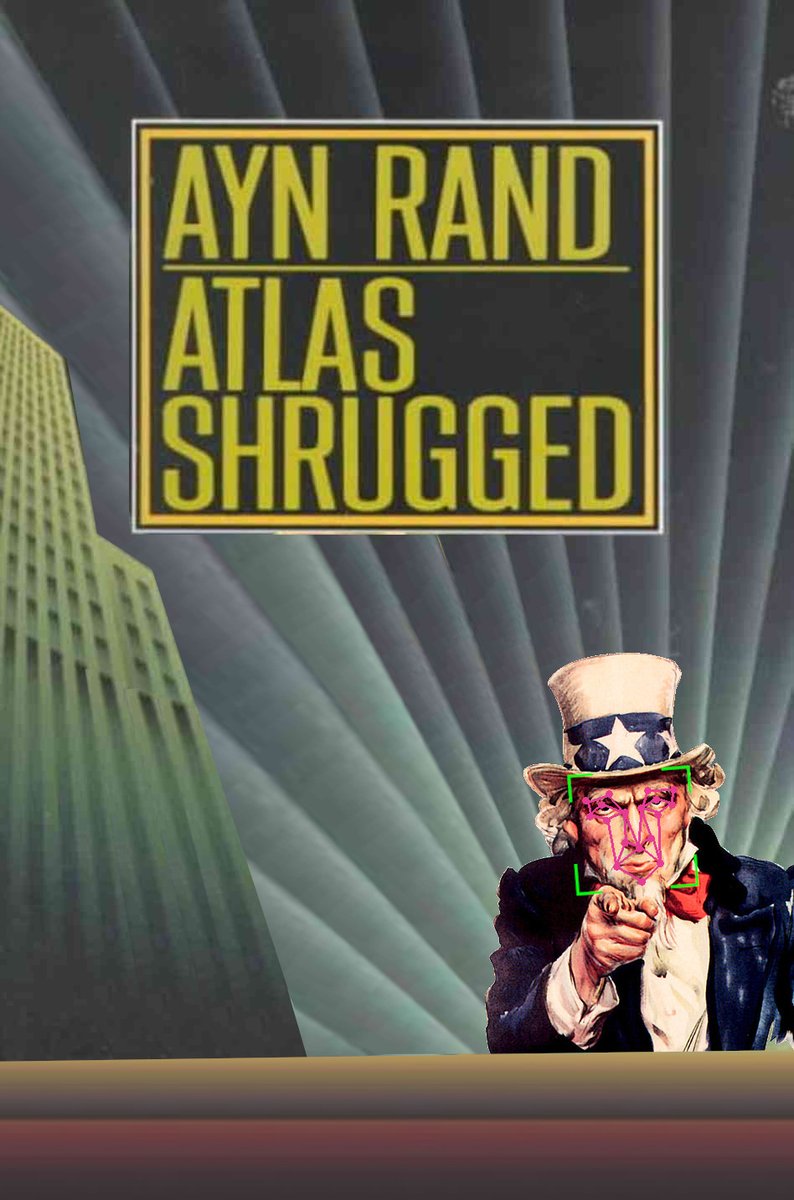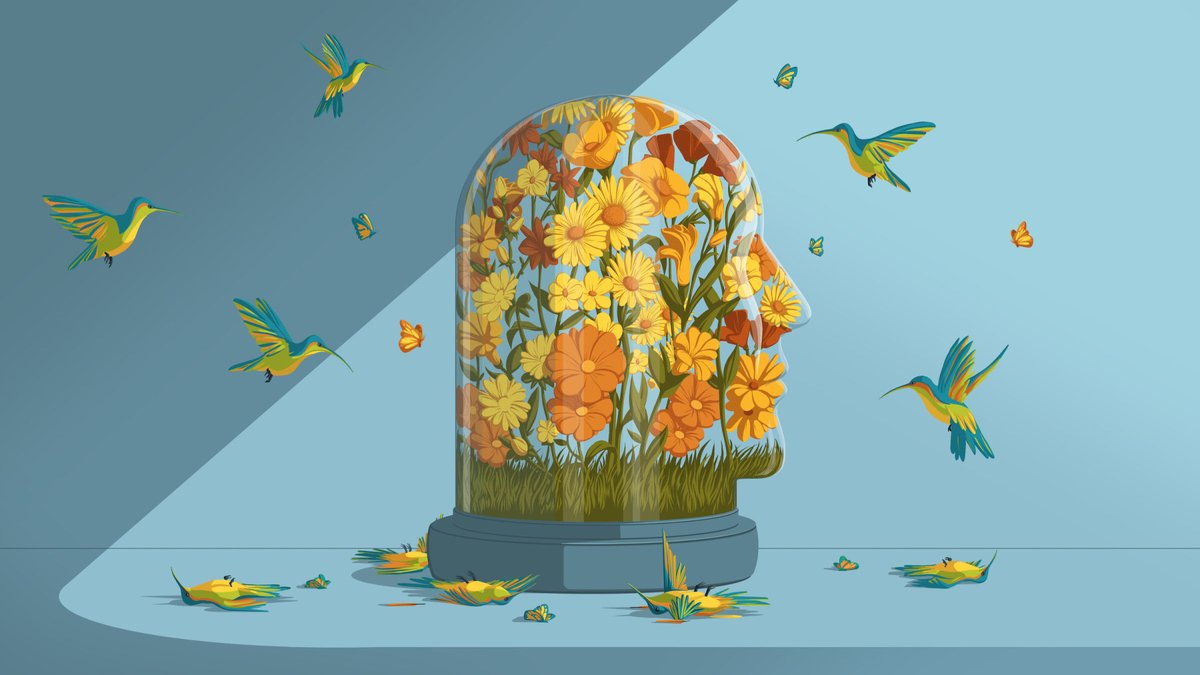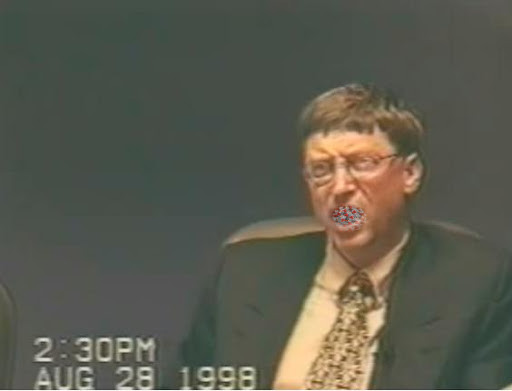
Today in @WiredUK, my op-ed: "Why it’s easier to move country than switch social media" - an argument that the real power of social media comes from switching costs, not network effects.
wired.co.uk/article/social…
1/
wired.co.uk/article/social…
1/

(If you'd like an unrolled version of this thread to read or share, here's a link to it on pluralistic.net, my surveillance-free, ad-free, tracker-free blog:)
pluralistic.net/2021/04/12/tea…
(or follow along below)
2/
pluralistic.net/2021/04/12/tea…
(or follow along below)
2/
Debates over market concentration in social media lean heavily on "network effects," the idea that social media services increase in value as their user-base grows, because the more users they have, the more likely it is that the people you want to talk to have accounts.
3/
3/
But I argue that this misunderstands the technical underpinnings of networked computers - specifically, the role that interoperability plays.
4/
4/
The problem with a focus on network effects is its fatalism: once a system is large enough, it attracts users, and the more users it has, the more users it attracts.
A critique that focuses on network effects concludes the race is for permanent, winner-take-all dominance.
5/
A critique that focuses on network effects concludes the race is for permanent, winner-take-all dominance.
5/
But once you throw interoperability into the mix, the race changes. An interoperable social media ecosystem doesn't just neutralize network effects, it reverses them.
6/
6/
If someone offers a Facebook competitor that lets you talk to Facebook users, that also doesn't spy on you, then Facebook isn't a walled garden anymore, it's an all-you-can-eat buffet for competitors who can offer better-than-FB to every FB user.
7/
7/
We can get that interop in lots of ways. A social media platform might offer it on its own (as Twitter has promised to, with Project Blue Sky); or a government might mandate interop (as is under discussion in the UK, US, and EU).
8/
8/
But there's a third way: #CompetitiveCompatibility, AKA #AdversarialInteroperability: that's when new services plug into the existing ones without their permission or even against their wishes, using bots, scraping, reverse-engineering, etc.
eff.org/deeplinks/2019…
9/
eff.org/deeplinks/2019…
9/
There's a comcom story in the history of every tech giant - it's how Google, Apple, Microsoft, etc attained scale in markets dominated by incumbent large firms - and the only reason comcom has fallen by the wayside is that the big tech firms have kicked the ladder away.
10/
10/
When you add comcom to the interoperability mix, the whole equilibrium shifts. History shows us that when governments order companies to open their systems, they can subvert these order, redesigning them so the mandated interfaces cease to connect to the parts that matter.
11/
11/
Companies do this because government mandates are slow and complex and can be undermined with bad-faith arguments and stalling tactics. But with comcom in the mix, there is an immediate and (from the cheater's perspective) undesirable response to shenanigans.
12/
12/
With comcom in the mix, any new service whose service is nerfed by a tech giant that screws with its mandatory interfaces can immediately switch to bots, scraping and reverse-engineering - replacing the managed interface with a chaotic guerrilla war.
13/
13/
This is the kind of fight that users hate, and will blame the big companies for, as they are challenged to prove they aren't bots, have their usage mistaken for scraping, and lose contact with their off-service friends.
14/
14/
With comcom, shenanigans drives users off the service, rather than locking them in.
If your analysis of Big Tech starts and ends with network effects, the game is already lost. All we can do is hope that decades of antitrust litigation will result in breakups...eventually.
15/
If your analysis of Big Tech starts and ends with network effects, the game is already lost. All we can do is hope that decades of antitrust litigation will result in breakups...eventually.
15/
My grandmother fled the USSR after WWII, and lost contact with her entire family. She didn't even know if her parents and brother in Leningrad had survived for years. She abandoned everything she owned and nearly everyone she loved, forever.
16/
16/
Her family stayed behind because of switching costs - not just the logistical difficulties of obtaining permission to leave and sponsorship abroad, but the cost of leaving behind everything and everyone.
17/
17/
The architects of the Berlin Wall claimed that it wasn't keeping East Germans IN, they claimed it was keeping bad guys OUT of the DDR.
Today, Zuck claims we can't interoperate with Facebook is to keep privacy-violators and other rule-breakers OUT - not to keep his users IN.
18/
Today, Zuck claims we can't interoperate with Facebook is to keep privacy-violators and other rule-breakers OUT - not to keep his users IN.
18/
Meanwhile, I've emigrated from Toronto to San Francisco to London to Los Angeles. I kept my stuff. I kept my family. I can move back if I change my mind. Low switching-costs enabled those moves.
19/
19/
Thinking about Big Tech in terms of network effects leads to despair. Thinking about interop and switching costs shows the way out.
Mr Zuckerberg, tear down that wall.
Image:
Delaina Haslam (modified)
flickr.com/photos/delaina…
CC BY:
creativecommons.org/licenses/by/2.…
eof/
Mr Zuckerberg, tear down that wall.
Image:
Delaina Haslam (modified)
flickr.com/photos/delaina…
CC BY:
creativecommons.org/licenses/by/2.…
eof/
• • •
Missing some Tweet in this thread? You can try to
force a refresh








